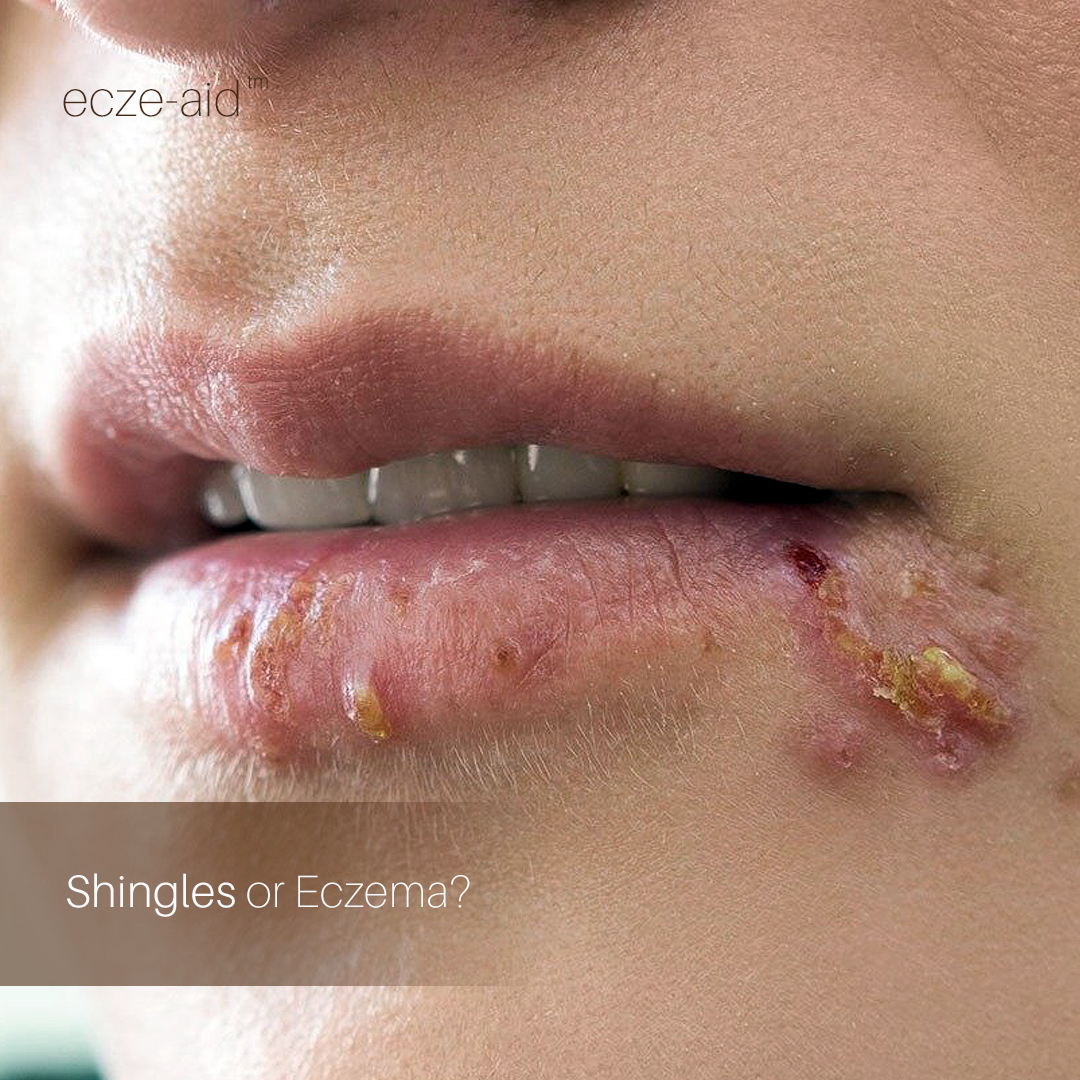Both shingles and eczema can cause a rash-like appearance and inflammation on the skin. However, knowing the differences between the two can help in proper diagnosis because both of them need specific and relevant treatment.
Shingles is contagious while eczema is non-contagious
Shingles is highly contagious especially to those who are not immune to the virus. Direct contact with sores can transmit the virus of shingles to another person. However, a person who contracts shingles from an affected person will develop chickenpox, not shingles.
By properly covering your rash, frequent hand-washing, preventing yourself from scratching and touching the rash, as well as avoiding contact with people such as pregnant women, those with weakened immune systems or undergoing cancer treatment, and premature or underweight babies, are some of the ways to reduce transmission of shingles to others.
On the contrary, eczema is not contagious and cannot be passed on from person to person. However, do take note that if the rash becomes infected, then the infection may be contagious.
Hoe to differentiate between shingles and eczema?
Symptoms of Eczema:
- Dry and sensitive skin
- Intense itching
- Redness of the affected skin and inflammation
- Recurring rash, scaly and rough leathery patches
- Oozing and crusting of the skin
- Swelling
- Dark colored patches on the skin
Symptoms of Shingles:
- Pain, burning, numbness or tingling of the skin
- Skin’s sensitivity to touch
- Red rashes followed by days of pain, fluid-filled blisters [which may break open and crust]
- Itching
- In some cases, one may experience fever, headache, sensitivity to light and fatigue.
CAUTION: If shingles developed near the eyes, it can lead to permanent eye damage, especially those who have a weakened immune system and for elderly people over the age of 70, or when the rash is widespread and painful.
Treatment for Shingles
Prescribed antiviral medications [eg. acyclovir, valacyclovir, or famciclovir] are used to treat shingles. Along with antivirals, other treatments to ease symptoms include capsaicin cream, anticonvulsants, antidepressants, numbing agents, medications that contain narcotics, and corticosteroid injections.
Treatment for Eczema
Some treatments for eczema include creams for reducing itch and inflammation, creams for moisturizing and repairing of skin barrier, oral drugs for anti-itch and anti-infection, as well as oral or injected drugs to manage inflammation. Other types of remedies for relieving discomforts caused by eczema include wet dressings, light therapy, stress treatment and relaxation, as well as behavior modification or biofeedback [to help treat habitual scratching].

